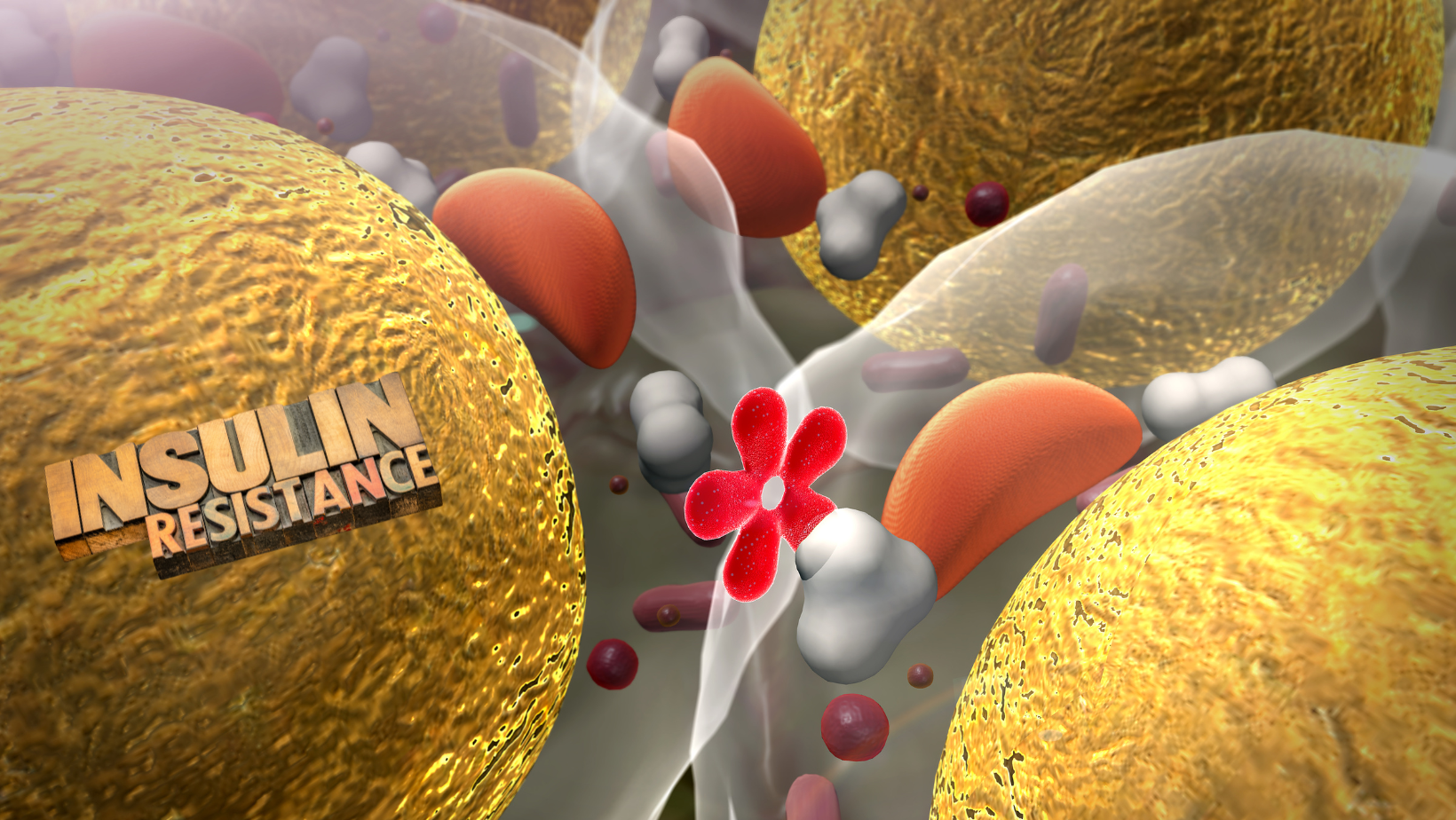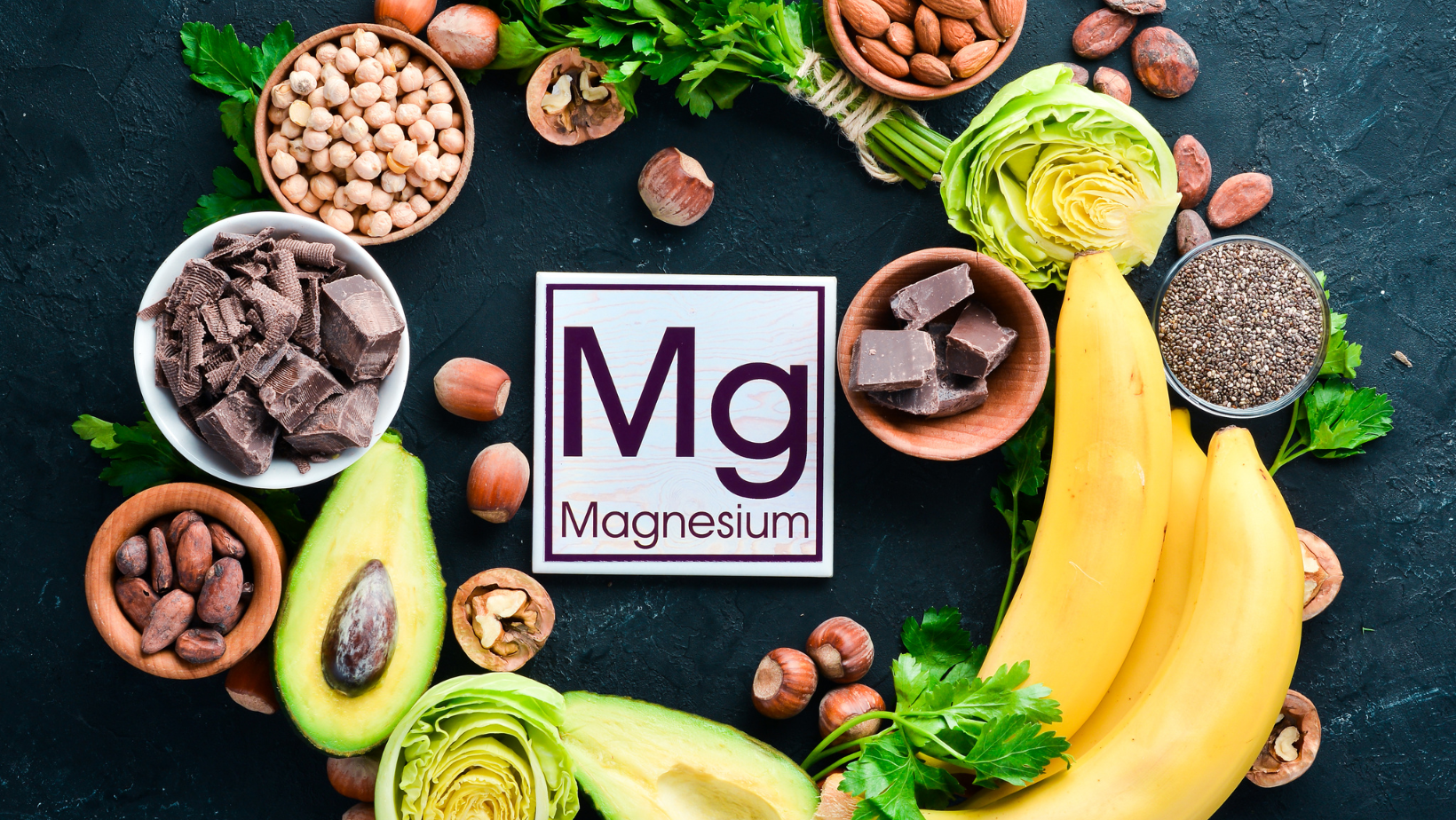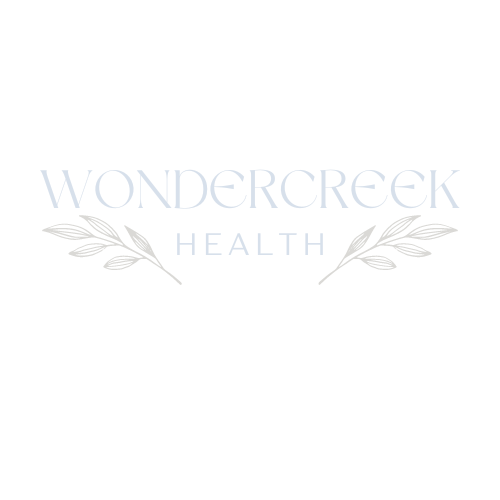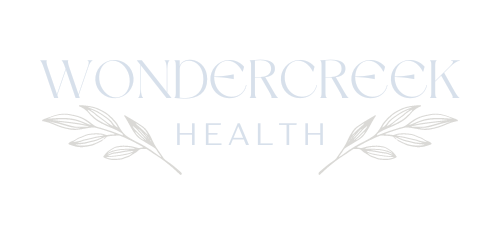Hormone Therapy and Insulin Resistance: A Game-Changer for Menopausal Metabolic Health
Anna Harrelson • February 11, 2025
Menopause, Metabolism, and Hormones: How Estrogen Impacts Insulin Resistance and Why It Matters

As a menopause specialist, lifestyle medicine physician, and a perimenopausal woman with a family history of metabolic syndrome, I have a deep, personal and professional investment in the role of metabolic health during menopause. Preventing insulin resistance and diabetes is not just a clinical goal—it’s something I think about daily.
A groundbreaking meta-analysis recently published by The Menopause Society sheds light on an area that has long been debated: the relationship between hormone therapy (HT) and insulin resistance. This research reviewed 17 randomized controlled trials encompassing over 29,000 participants, finding that menopausal hormone therapy—including both estrogen alone and estrogen plus progestogen—can significantly reduce insulin resistance in healthy postmenopausal women.
This study is not just an academic curiosity. It has real, actionable implications for midlife women who are trying to navigate the complex landscape of hormonal changes, weight shifts, and metabolic health challenges. Let’s break down what this means, why it matters, and how we can apply this research to both clinical decision-making and personal wellness.
Understanding Insulin Resistance and Menopause
Insulin resistance is a condition where cells in the body become less responsive to insulin, leading to elevated blood glucose levels, increased fat storage (especially around the midsection), and a greater risk for developing type 2 diabetes. Estrogen plays a key role in regulating glucose metabolism, insulin sensitivity, and fat distribution, which is why the transition into menopause—when estrogen levels drop—often correlates with increased abdominal fat and metabolic dysfunction.
Many women find themselves frustrated, feeling like they’re doing everything right from a lifestyle perspective, only to see weight accumulate in their midsection. What used to work no longer does, and this can be incredibly disheartening. While medications exist that may seem like a quick fix, understanding the role of hormones and lifestyle remains critical in long-term metabolic health.
What the Study Found
This meta-analysis provides strong evidence that hormone therapy may not only alleviate traditional menopause symptoms but could also serve as a protective factor against insulin resistance. Here’s what stood out:
- Reduction in Insulin Resistance: HT was associated with a statistically significant reduction in insulin resistance markers across all included studies.
- Estrogen Alone vs. Estrogen + Progestogen: While both forms of HT improved insulin sensitivity, estrogen-only therapy showed slightly more pronounced benefits.
- Route of Administration Matters: Both oral and transdermal (patches, gels) routes showed efficacy, but different formulations may impact metabolic outcomes uniquely.
-
No Increased Diabetes Risk: Contrary to outdated concerns, this research did not find an increased risk of diabetes with hormone therapy use.
The Bigger Picture: Cortisol, Stress, and Metabolic Dysfunction
While estrogen clearly plays a key role in metabolic regulation, it’s not the only factor at play. Stress—and its impact on cortisol—also significantly influences insulin sensitivity. Chronic stress, disrupted circadian rhythms, poor sleep, and lifestyle factors all contribute to increased insulin resistance, making menopause an even more vulnerable period for metabolic dysfunction.
Additionally, many women unknowingly exacerbate metabolic issues by under-eating and over-exercising. Chronic caloric restriction and excessive cardio without adequate strength training can drive up cortisol levels, leading to worsened insulin sensitivity, increased fat storage, and hormonal imbalances.
One of the most powerful tools for metabolic health is muscle. Muscle acts as a “sink” for glucose, helping regulate blood sugar and improve insulin sensitivity. The more muscle mass we maintain, the better our glucose control. For those struggling with insulin resistance or unexplained weight gain, a two-week trial using a continuous glucose monitor (CGM) can provide valuable insights into how their body processes glucose, helping them make more informed dietary and lifestyle decisions. Keeping blood sugar balanced and avoiding spikes is key to reducing insulin resistance and maintaining optimal metabolic health.
What Does This Mean for You?
If you are a perimenopausal or postmenopausal woman concerned about metabolic health, here are key takeaways:
1. Hormone Therapy Isn’t Just for Hot Flashes – If you’re struggling with weight gain, insulin resistance, or metabolic shifts, HT may be a powerful tool to help stabilize your metabolism and improve insulin sensitivity.
2. Individualized Care is Essential – This study reinforces the importance of personalized medicine. The “best” HT formulation varies by individual risk factors, medical history, and metabolic profile.
3. Lifestyle Still Matters– HT can be part of the solution, but optimizing metabolic health also requires dietary adjustments, regular strength training, sleep hygiene, and stress management.
4. Not Everyone Can or Should Take HT– While HT has clear benefits, not all women are candidates. That doesn’t mean they are destined for insulin resistance or diabetes. Genetics, lifestyle, and overall metabolic health play major roles, and there are still many ways to reduce risk without hormone therapy.
5.
Advocacy is Key – Many clinicians still view HT through the outdated lens of the Women’s Health Initiative (WHI) study from the early 2000s. You deserve care informed by current science. If your doctor dismisses HT outright, it may be time for a second opinion.
Final Thoughts: Staying Ahead of the Research
This research reinforces what I—and many other menopause specialists—have suspected for years: the impact of estrogen on metabolic health extends far beyond its traditional role in symptom management. For those of us who are determined to prevent insulin resistance, diabetes, and metabolic disease in midlife and beyond, these findings should be front and center in our healthcare discussions.
As a menopause physician who tries to stay up to date with the latest research, I am here to provide informed, evidence-based guidance. If you’re navigating perimenopause or menopause and want to take a proactive approach to your health, I’d love to help you explore your options, including whether hormone therapy could be beneficial for you.
Because menopause isn’t just about surviving the transition—it’s about thriving in midlife and beyond.
WonderCreek Health Blog

Many of the women who find their way to me share a common story: They’ve seen multiple specialists. Their labs are “normal.” Their symptoms are scattered across systems—joints, gut, mood, hormones, skin—and yet every provider focuses on one piece at a time, never the whole picture. They’ve often been told they’re anxious, dramatic, or “too sensitive.” And yet, they’re also some of the most intuitive, self-aware, and relentlessly curious patients I’ve ever met. They know their bodies. They know something isn’t right. And they won’t stop searching until someone finally sits down and helps them connect the dots. That’s where connective tissue disorders come in. What Do We Mean by “Connective Tissue Disorders”? When I talk about this group of conditions, I’m referring to women who often fall somewhere on the spectrum of: Hypermobility spectrum disorder (HSD) Ehlers-Danlos features Mast cell activation (MCAS) Endometriosis PMDD and other hormone sensitivities POTS or other dysautonomias The common thread? Their connective tissue is different—looser, more fragile, more reactive. And when the scaffolding of the body isn’t as stable, symptoms spill over into every system: joints, vessels, immune response, mood, hormones, digestion, even the brain. Why Midlife Feels Like a Breaking Point Estrogen has always been a stabilizer. It strengthens collagen, calms mast cells, and helps buffer the nervous system. So, it’s no surprise that perimenopause—when estrogen begins to fluctuate dramatically—can feel like the rug is being pulled out. I see women who: Once held things together with sheer willpower Managed PMDD, migraines, or endometriosis in their younger years Suddenly feel like everything has intensified: joint pain, bloating, histamine reactions, mood shifts, insomnia, brain fog For women with sensitive connective tissue and sensitive nervous systems, hormonal shifts don’t just cause hot flashes—they destabilize the entire body. Hormone Therapy for the Orchid Patient Many of my patients have tried hormones before. Sometimes birth control left them moody, swollen, or miserable. Sometimes a patch or pill was prescribed quickly, with no attention to how sensitive their system might be. So when they hear “hormone therapy,” they’re understandably hesitant. This is where my orchid theory comes in. Orchids are not weak flowers—they’re strong, beautiful, and resilient. But they need careful tending. They don’t thrive when thrown into the same soil or light as every other plant. They require patience, precision, and a slower hand. My connective tissue–sensitive patients are orchids. Their bodies respond to hormone therapy, but they need a methodical, gentle approach: Always bioidentical hormones Introduced slowly, step by step Carefully monitored, with adjustments made gradually Combined with lifestyle strategies to support the nervous system and reduce inflammation This is not a “one patch fits all” process. It’s a partnership. And when done thoughtfully, hormone therapy can bring profound relief and stability. Why Sensitivity Is a Strength The women I see are often neurodivergent—ADHD, autistic traits, or simply highly perceptive. They’re often told their sensitivity is a liability, but I see it differently. That very sensitivity is what helps them notice patterns others miss. It’s what fuels their curiosity to keep searching, even after being dismissed. Their intuition about their own bodies is spot on. Yes, their connective tissue is different. Yes, their mast cells fire more easily. Yes, their hormones seem to create more chaos. But these women are also some of the most resilient, resourceful, and insightful people I know. Moving Forward If you see yourself in this description, please know: You’re not “too sensitive.” You don’t have 27 different diagnoses—you have a pattern that makes sense. Hormones are not off the table for you—they may just need to be approached differently. Your lived experience matters as much as your lab results. This isn’t about fixing you—you are not broken. It’s about giving your body the tailored support it’s been asking for all along. This is just the beginning of a series I’ll be writing on connective tissue–related conditions: MCAS, PMDD, endometriosis, and more. Each deserves its own spotlight. But the first step is recognition. You deserve to be seen in your wholeness—not dismissed as “normal” when everything in your body is telling you otherwise.

You know how people say, "Just drink some water and take a magnesium supplement" like it’s the answer to everything? Well… they’re not totally wrong. But like most good advice, the devil is in the details. Magnesium is one of the most essential minerals in the body, involved in over 300 enzymatic reactions , yet it remains one of the most commonly overlooked deficiencies in midlife women. And no, your annual bloodwork probably didn’t catch it. So What Does Magnesium Actually Do? Think of magnesium as a multitasking background assistant—it keeps the lights on and the gears turning across nearly every body system: Brain & Mood: Regulates GABA and NMDA receptors, supporting calm, focus, and resilience against anxiety and overstimulation. Muscles: Prevents cramping and twitching, supports strength and recovery, and reduces restless legs. Sleep: Plays a role in melatonin production and nervous system regulation. Bowel Function: Helps pull water into the colon to prevent constipation. Cardiovascular Health: Regulates blood pressure and helps with vasodilation. Hormone Balance: Assists in estrogen metabolism and combats insulin resistance. In short: if you’re exhausted, bloated, moody, foggy, tense, or irregular in your gut or cycle—magnesium deserves a spot on your radar. Why Is Magnesium So Important in Midlife? Estrogen and progesterone both influence magnesium levels. As hormone levels decline or fluctuate during perimenopause and menopause, so does your ability to retain and utilize magnesium. Add to that: Chronic stress (which depletes magnesium) Modern diets (often low in magnesium-rich whole foods) Medications like PPIs, diuretics, or certain antibiotics High caffeine, sugar, or alcohol intake (all increase magnesium excretion) And suddenly, a " borderline magnesium issue " becomes a perfect storm. Why Your Blood Test Might Not Show It Serum magnesium tests only reflect ~1% of total body magnesium. Most magnesium is stored in bone and tissue. So it’s very possible to have "normal labs" and still be clinically deficient. In practice, we go by symptoms, risk factors, and therapeutic response. Common Signs of Suboptimal Magnesium Trouble falling or staying asleep Anxiety or nervous system overactivation Fatigue or burnout that doesn’t resolve with rest Muscle cramps, spasms, or eye twitches Constipation Menstrual migraines or tension headaches Joint stiffness or tightness Sugar cravings or blood sugar crashes Best Food Sources of Magnesium Magnesium-rich foods include: Dark leafy greens (spinach, chard) Nuts and seeds (especially pumpkin seeds and almonds) Avocados Legumes Dark chocolate (yes, really!) Whole grains like quinoa and oats That said, many of us still fall short even with a healthy diet, especially during high-stress seasons or if absorption is impaired. Supplements: Which Type of Magnesium Is Best? Not all magnesium is created equal. Here are the forms we most often recommend: Magnesium Glycinate: Best for sleep, anxiety, and muscle relaxation. Gentle on the stomach.** Magnesium Citrate: Useful for constipation, but can cause loose stools at higher doses. Magnesium Threonate: May support cognitive function and brain health. Magnesium Malate: Good for energy and muscle pain, often used in fibromyalgia. We generally avoid magnesium oxide unless constipation is the only concern, as it’s poorly absorbed. **Mag Glycinate is generally my go to recommendation and what we take at our house Also, BLENDS can be good- but generally more expensive Dosing & Timing Most women benefit from 200–400 mg daily, depending on needs. Take it in the evening if you're targeting sleep or relaxation. Divide doses if taking more than 300 mg (e.g. AM + PM). Always start low and go slow, especially with citrate forms to avoid urgent bathroom visits. Final Thoughts If magnesium had better marketing, it would be a top-tier wellness darling. But because it’s quiet, essential, and boring on paper, we tend to overlook it. Yet for so many midlife women, magnesium is the missing link that helps all the other systems and strategies finally click. So if you're doing "everything right" and still feel off? It might be time to start taking magnesium!

